Naquora, Lebanon
Tensions along the forty-nine-mile Blue Line that partitions Israel from Lebanon are as high as they’ve been in recent history. Given the stated objectives of Hezbollah, the powerful Shiite militia that controls Lebanon’s South and the IDF, which seeks to repel them beyond striking distance, that’s saying a lot.
Ten thousand sky-blue helmets stand between the warring sides, protecting a division of international troops from the raining debris of intercepted rockets. Nobody is targeting them, but collateral damage is inevitable in a region that sees fatal exchanges on a daily basis.
The United Nations Interim Force in Lebanon was established in 1978 following the Israeli invasion of Lebanon. UNIFIL was tasked with overseeing the withdrawal of Israeli forces, restoring peace and security and assisting the Lebanese government in regaining effective authority in the southern part of the country.
With the adoption of United Nations Security Council Resolution 1701 in 2006, amid the Israel-Hezbollah war, UNIFIL’s mandate was significantly expanded. This resolution aimed to secure a full cessation of hostilities, oversee the withdrawal of Israeli troops from Lebanon and ensure the disarmament of all armed groups in Lebanon except the Lebanese state military forces.
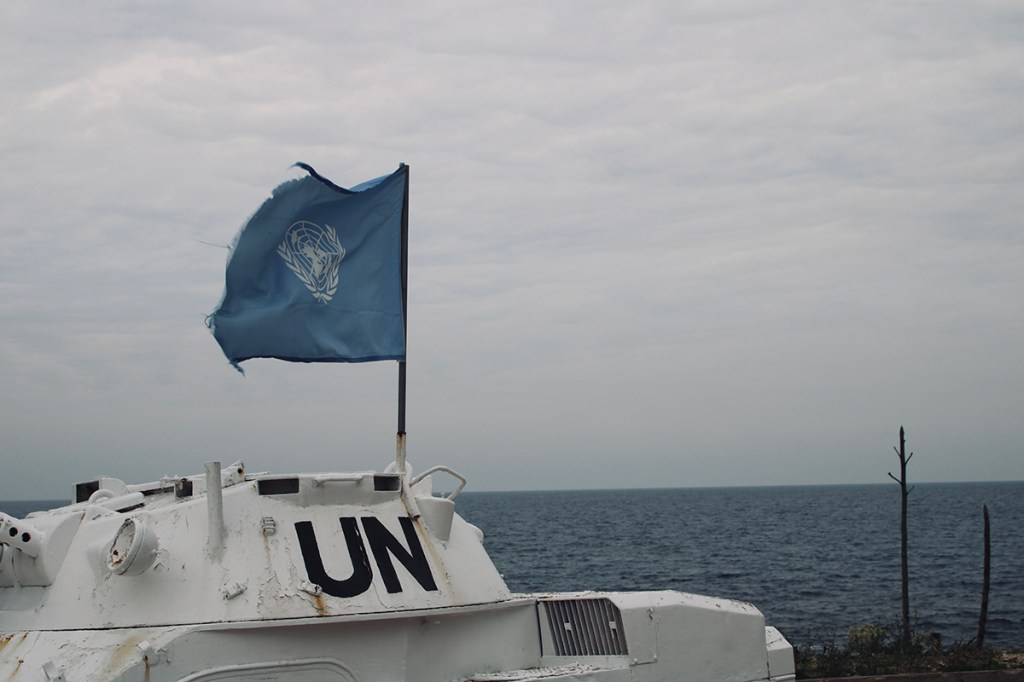
The objectives of UNIFIL include monitoring the cessation of hostilities, accompanying and supporting the Lebanese Armed Forces as they deploy throughout the south of Lebanon — and extending its assistance to ensure humanitarian access to civilian populations and the voluntary and safe return of displaced persons.
Unsurprisingly, the context of UNIFIL’s operations has been dramatically complicated by the escalation of cross-border conflicts, particularly following the October 7 attack by Hamas on Israel. This marked escalation has not only strained the already fragile peace in the region but also placed UNIFIL troops in an increasingly demanding and tenuous position.
“The most challenging aspect of this conflict has been the lack of predictability,” says Andrea Tenenti, UNIFIL’s chief of strategic communications and public information. “The localized shelling has been going on for over four months, but what is more concerning is the targeting of specific positions outside the area of [normal] operations, forty or fifty kilometers away from the Blue Line.”
Hundreds of thousands of civilians have already been displaced from their homes on both sides of the demarcation. And as a more significant share of each country’s population becomes directly impacted by the conflict, pressure mounts on the respective military leaderships to adopt a more aggressive posture.
“My understanding from conversations with the parties, the Lebanese and the IDF, is that no one wants a wider conflict, but that everyone is ready for it,” states Tenenti. “No one wants it, but anything could trigger it.”
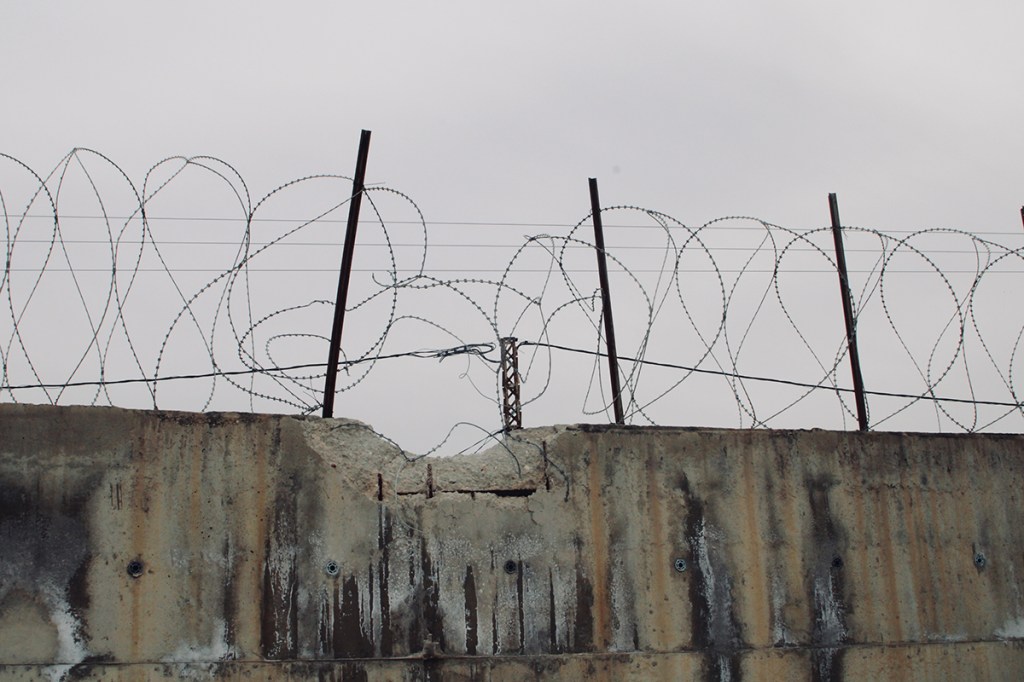
Last month, multiple Israeli air strikes hit the outskirts of Sidon, which is positioned more than thirty miles north of the Blue Line, stoking fears that Israel’s campaign to eliminate Hezbollah targets could be expanding to areas previously spared from attacks. Even Beirut, Lebanon’s capital that sits over fifty miles from its southern border, has failed to avoid these recent magnifications.
UNIFIL’s perilous positioning between two extremely well-armed militaries has repeatedly proved fatal for the international coalition. Over the course of its forty-six-year existence, the UN has lost 333 people in Lebanon, making it the most costly peacekeeping mission in the organization’s history.
The IDF has consistently denied targeting non-combatants, insisting that UN and civilian deaths caused by Israel are the unintentional result of Hezbollah’s intentional proximity to UNIFIL and civilian infrastructure. According to an Amnesty International report, UNIFIL has reported over twenty instances of rockets being launched by Hezbollah in the vicinity (up to 500 meters) of UN positions in south Lebanon, as well as a number of cases of Hezbollah employing mortar and small arms fire from close to (up to 100 meters) UNIFIL positions.
Critics of UNIFIL have highlighted the fact that the full implementation of UNSCR-1701 still seems like a wildly distant outcome. 1701 directly called for the complete disarmament of Hezbollah. After eighteen painful years, that goal is nowhere close to being achieved.
This clear shortcoming, however, is not necessarily reflective of the inefficacy of UN personnel. Regardless of what either side may wish from them, the mission’s current mandate circumscribes what tactics are at their disposal. As the UN publicizes, UNIFIL exists under Chapter VI of the UN Charter, which makes it a peacekeeping rather than a peacemaking operation:
“As a peacekeeping mission operating under Chapter VI of the UN Charter, UNIFIL has the mandate to ensure stability in the area, protect the civilian population, and support the parties in discharging their respective responsibilities towards achieving a permanent ceasefire.”
Chapter VI of the UN Charter urges belligerents to seek resolution through peaceful, diplomatic means. It operates under the principle of consent from the parties involved and emphasizes ongoing dialogue to resolve disputes without resorting to force. UNIFIL, accordingly, exists by the approval of Lebanon’s official government.
In contrast, Chapter VII grants far-reaching powers to restore peace and ensure prolonged security. This includes the ability to proactively dismantle militant infrastructure — and use force if necessary to prevent or stop aggression. Essentially, Chapter VII allows UN-approved missions to take coercive measures — without the consent of the parties involved — to address threats to peace, breaches of peace, or acts of aggression.
“There have been a lot of rumors about asking for Chapter VII of the Security Council,” Tenenti admits, while acknowledging that any such redesignation could prompt troop-contributing countries to withdraw from what would undoubtedly be a much more controversial mission.
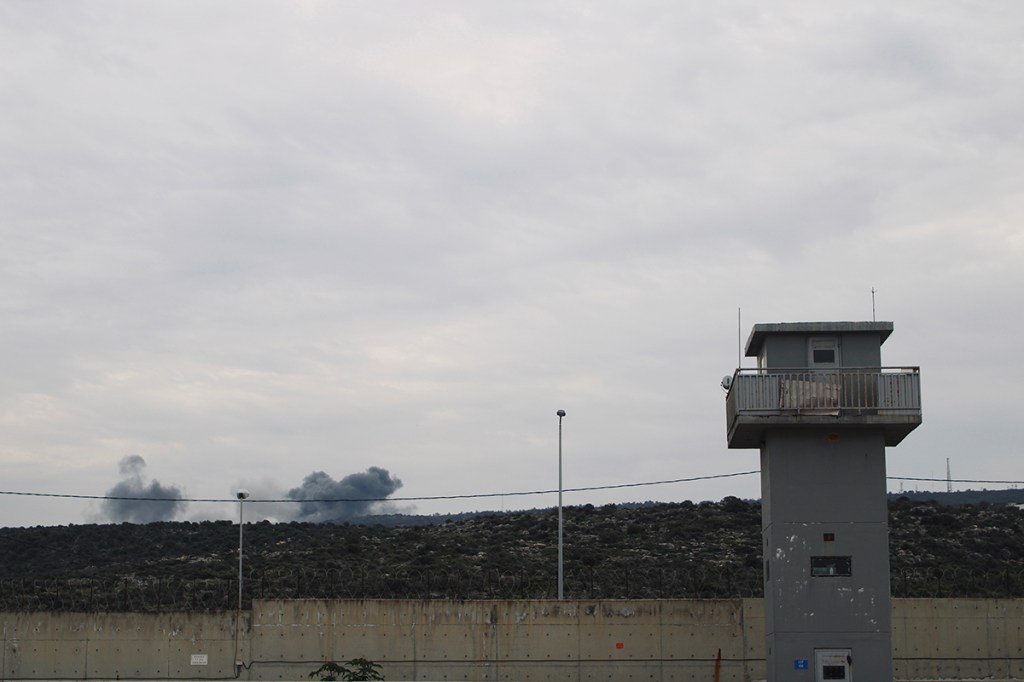
UNIFIL will continue to carry out its mandate for the foreseeable future, offering a modicum of stability to a region that desperately needs it.
“With patrols, we keep over 400 activities per day in order to deconflict situations, but also to work with local communities,” says Tenenti. “These activities are ongoing and include medical activities, veterinarians, dentists, and donations of generators and water.”
Whether or not that assistance and attendant stability will be enough to circumvent a totalizing war is unclear. What is clear, however, is that Hezbollah and the IDF both enjoy an overwhelming mandate from their respective populations to continue fighting. According to a recent survey published by the Jewish People Policy Institute, 63 percent of Israelis believe that Israel should attack Hezbollah with full force — either at the first available opportunity, or after the campaign in Gaza ends. While there is a dearth of professional polling on the matter in South Lebanon, the demographic make-up of the area suggests a number closer to 100 percent in favor of continuing attacks on northern Israel. With UNIFIL doing what it can to preserve a status quo, the contours of a deeper conflict will inevitably depend on how powerbrokers in Tehran and Washington attach themselves.



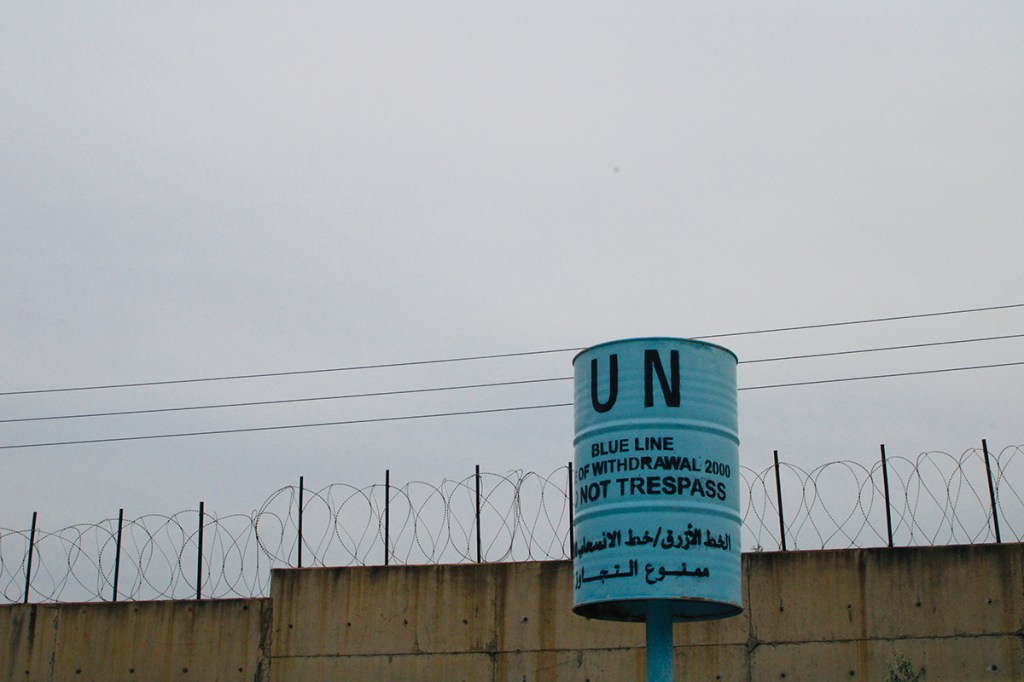






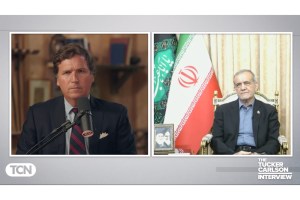
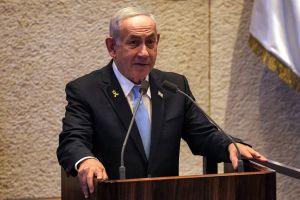

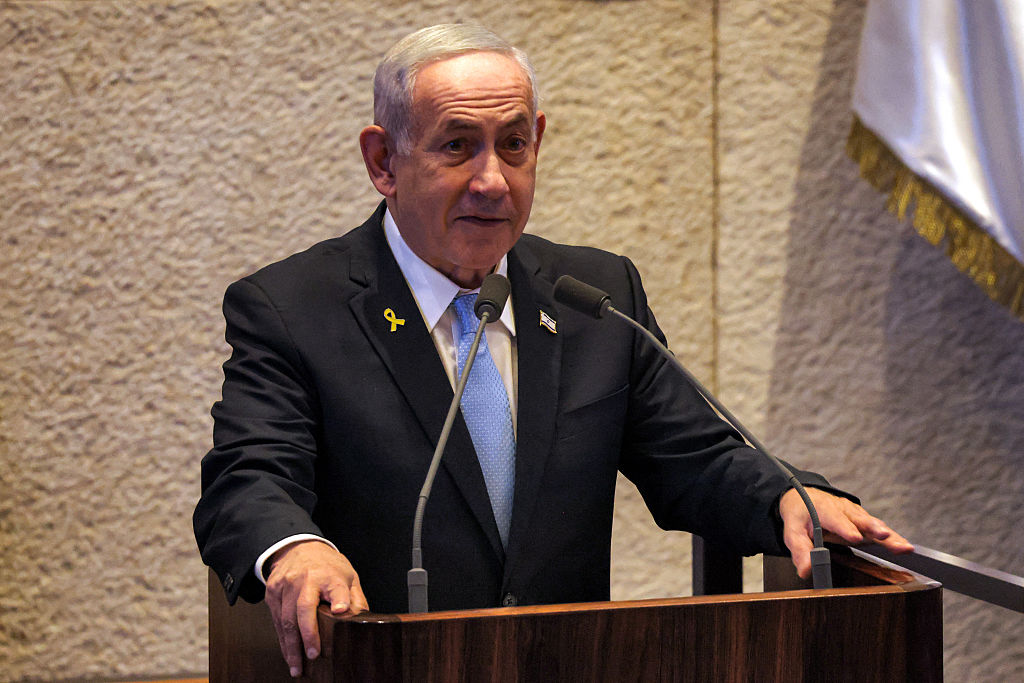
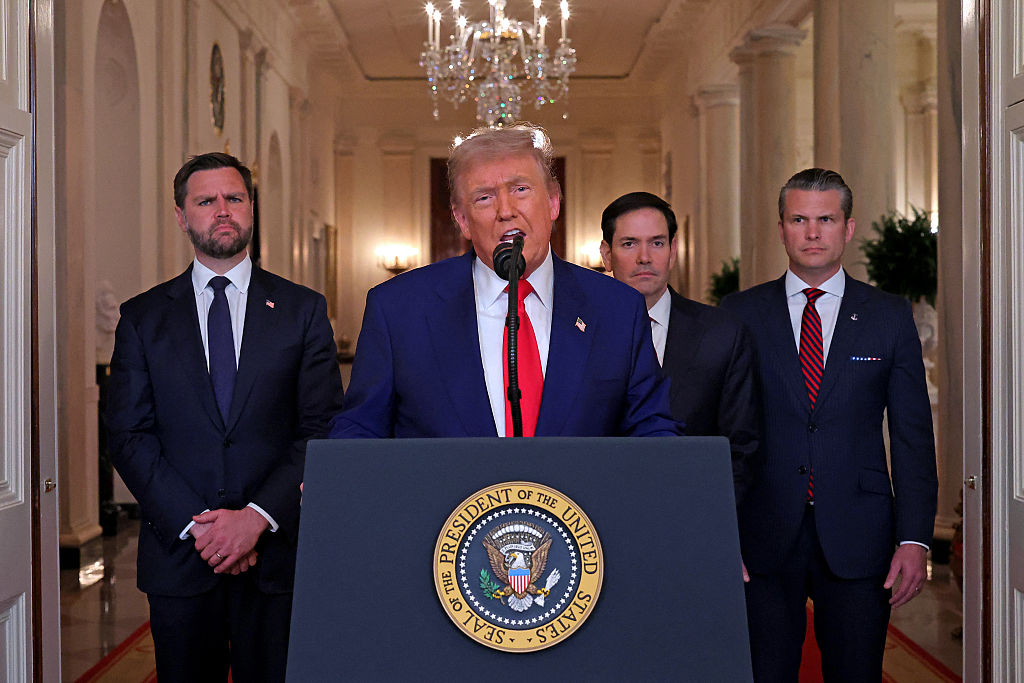











Leave a Reply